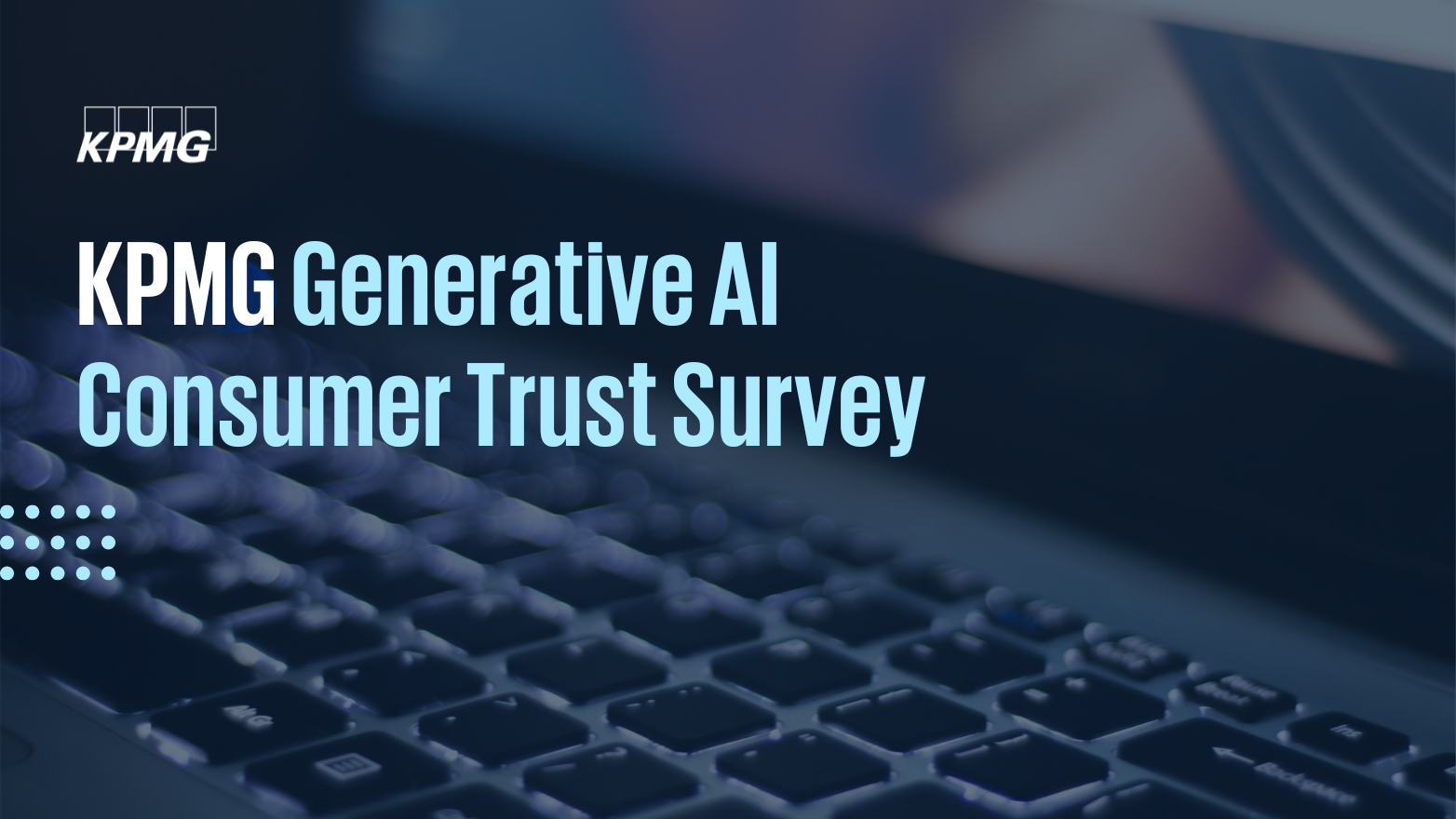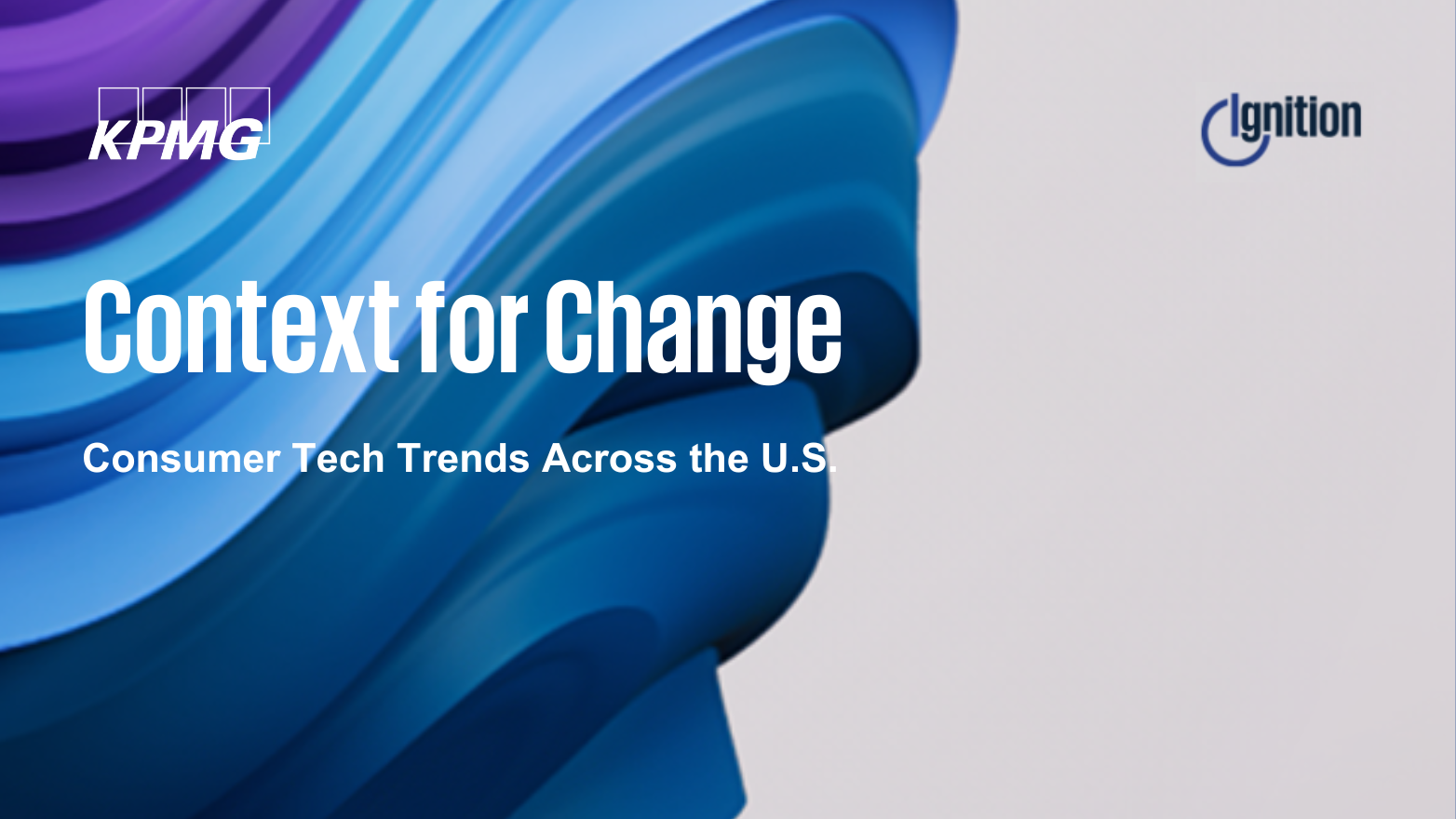CEOs remain confident in growth prospects of the U.S. economy but are making strategic adjustments to address a combination of near-term risks and structural changes.
Knopp: “CEOs are applying a strategic lens to tackle both near-term risks to growth they see such as geopolitics and cyber, and structural changes like new regulations and tax policy, making adjustments to investments, supply chains and operations as needed – with many turning to GenAI to help do so.”
- U.S. CEOs are confident in the growth prospects of the U.S. economy (87%), global economy (78%) and their companies (78%) over the next year.
- 72% of CEOs expect their organization’s headcount to increase over the next year, with 32% of this group expecting a significant increase in hiring. Only 4% say they expect workforce reductions within their organization over the next year.
- 87% anticipate rising geopolitical tensions around the world this year will disrupt current positive U.S. economic trends such as inflation cooling.
- 67% are currently making significant strategic adjustments (supply chains, investment decisions, tax planning, etc.) in response to geopolitical uncertainty, wars, conflicts and major elections happening around the world (India, U.K., U.S., etc.).
- When asked to identify the risks posing the greatest threat to their organization’s growth over the next year, CEOs cited regulatory concerns, operational issues, cyber security and tax.
- Just 32% say their organization was well prepared for the implementation of Pillar Two (the global minimum tax) at the beginning of 2024, while 71% say it will be a significant compliance burden and that the compliance effort will be costly (73%).
- The majority (72%) say the expiration of numerous business tax provisions from the Tax Cuts and Jobs Act (TCJA) at the end of 2025 will be felt and have a moderate or significant impact to their overall organization.





